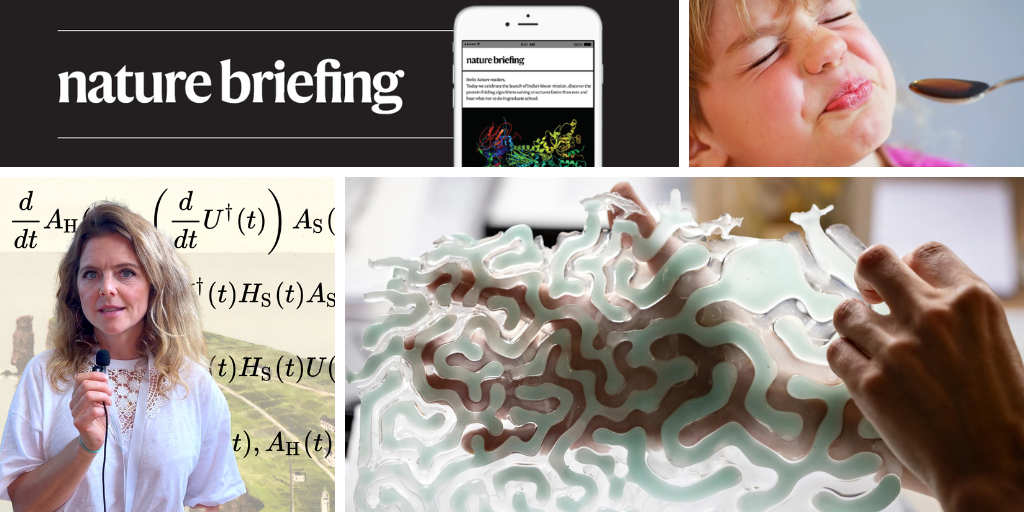
"The first malaria treatment specifically formulated for infants has been approved in Switzerland and will soon be available in parts of Africa."
"A device combines a graphene-derived material with machine learning to detect salty, bitter, sweet and sour flavours, operating in conditions similar to the human mouth."
"Biologically inspired designs by Iris van Herpen incorporate living bioluminescent algae, emphasizing the relationship between humanity and overlapping ecosystems."
"Specialized intestinal cells in Burmese pythons digest bones effectively by regulating calcium intake, potentially expelling excess through faeces."
A new malaria treatment formulated for infants has been approved in Switzerland and is set to reach parts of Africa. The treatment is noteworthy as it addresses the specific medical needs of young children. Additionally, the fashion world is showcasing biologically inspired designs, with a highlight on Iris van Herpen's work featuring bioluminescent algae. In a separate study, Burmese pythons exhibit specialized intestinal cells that manage calcium absorption effectively during digestion. Furthermore, an innovative device combines graphene material and machine learning to enhance flavor detection, which may assist individuals with neurological taste loss.
Read at Nature
Unable to calculate read time
Collection
[
|
...
]